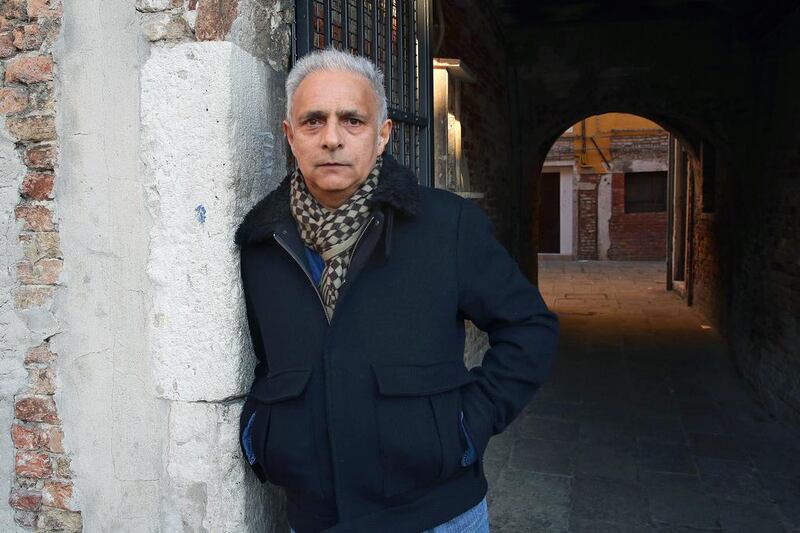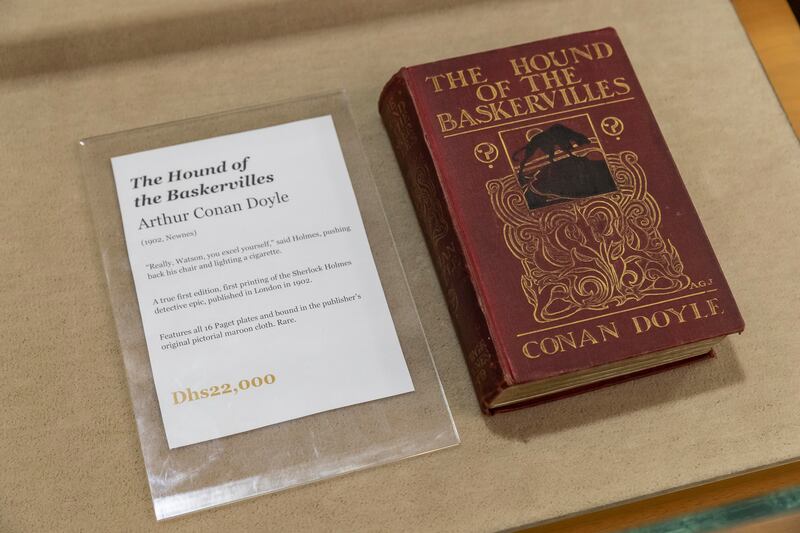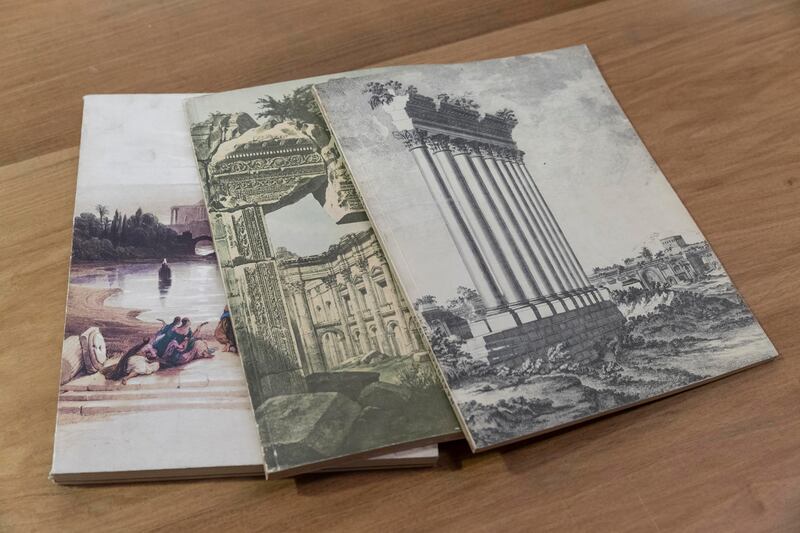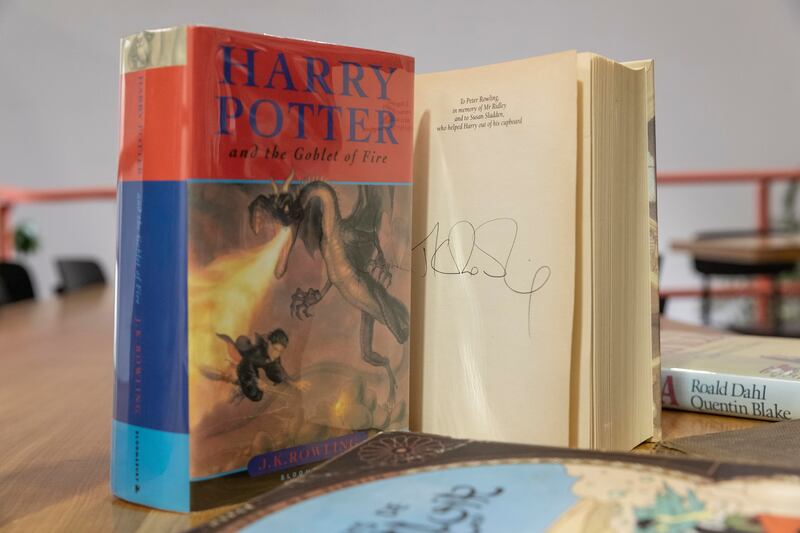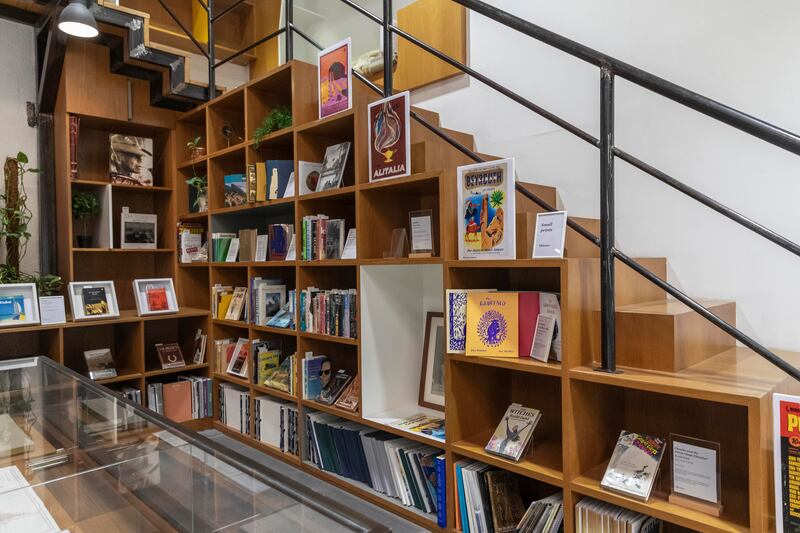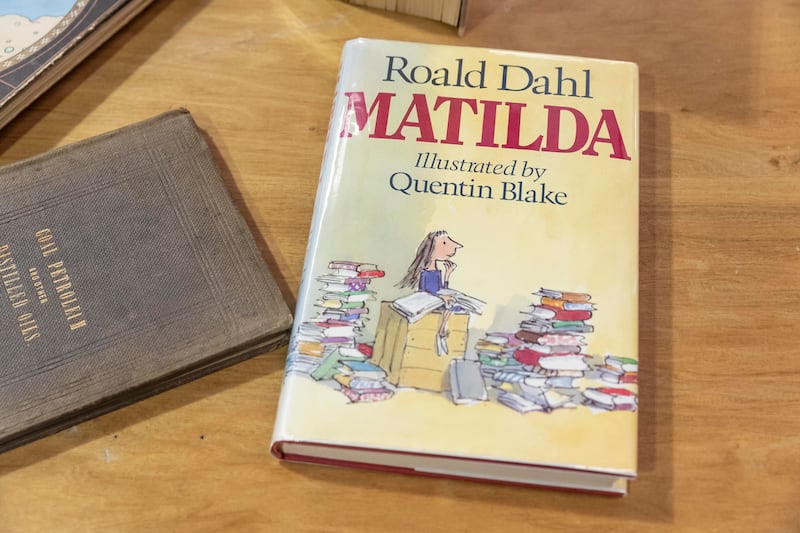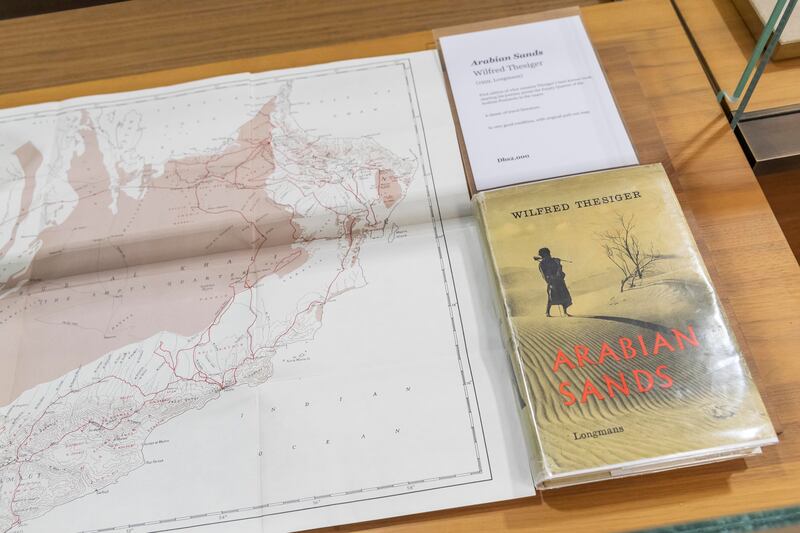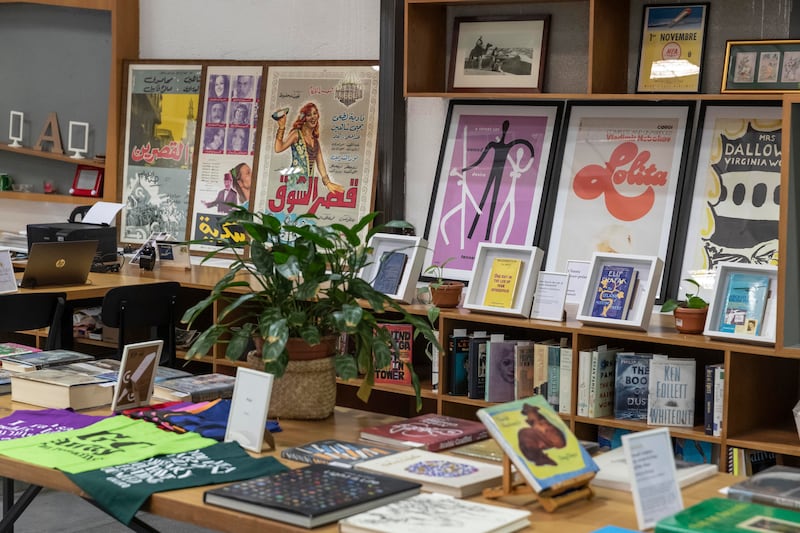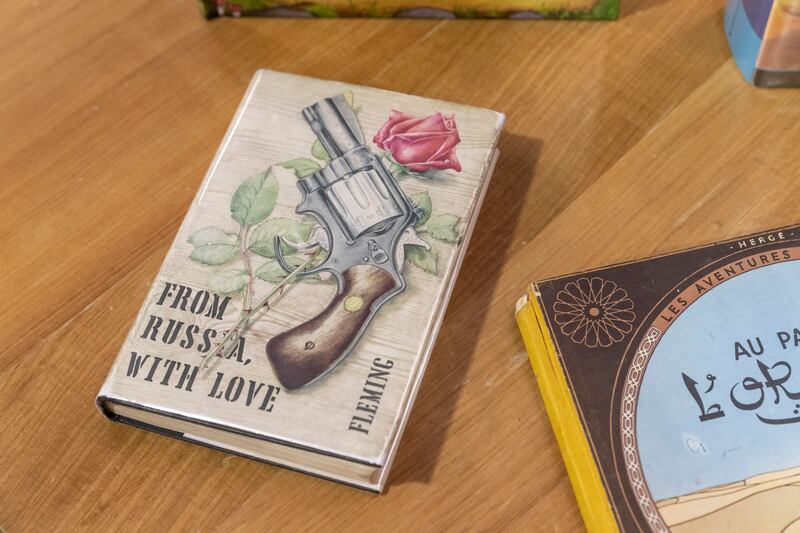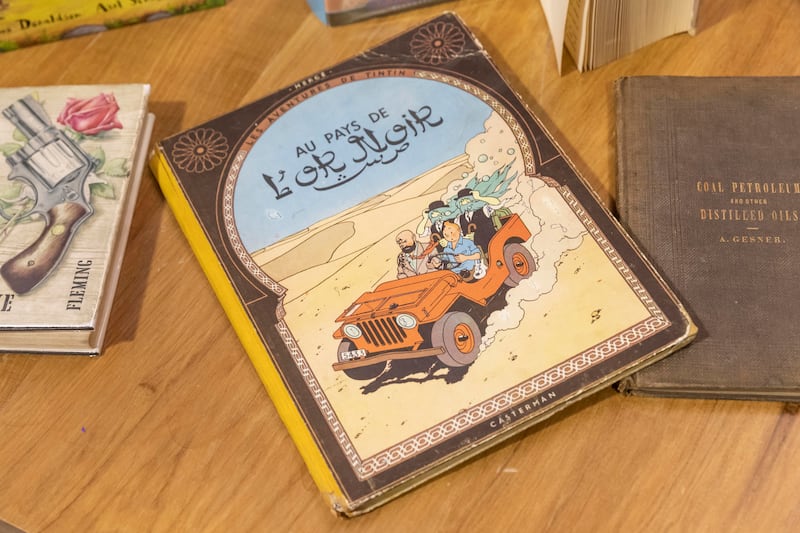On the day after Christmas, British playwright and novelist Hanif Kureishi collapsed in Rome with a condition that may render him unable to walk again, or even grasp a pen.
The author, aged 68, who is of Pakistani and English descent, has since undergone spinal surgery and has been journalling his way through the hardship on Twitter — dictated to his "devoted" son Carlo, who has been posting on his behalf. Reflecting on this process, he said: "This is the one thing, apart from the love of the wife, that keeps me alive and gives me meaning, because so many people read these rather sad if not rambling pieces, and they respond to me."
The author has penned several acclaimed novels, including Gabriel’s Gift, The Body and The Buddha of Suburbia, for which he won the Whitbread First Novel Award in 1990.
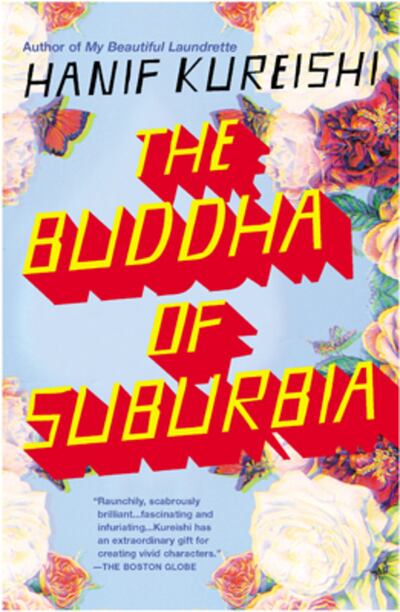
He has also written plays, short story collections, non-fiction works and screenplays. He is the recipient of several prestigious awards, including the PEN Pinter Prize and is a Commander of the Order of the British Empire, or CBE, an accolade he received in 2008.
Kureishi has been posting about his ongoing hardships on Twitter since January 6, beginning with the announcement that he had become paralysed after suffering a fall, divulging the details of his experience.
His posts are poignant, moving and even funny at times. In the midst of the tragedy, writing the diary has proven to the author that he hasn’t “lost the one thing that was most valuable to me, that is my ability to express myself.”
“After taking a comfortable walk to the Piazza del Popolo, followed by a stroll through the Villa Borghese, and then back to the apartment, I had a fall,” he wrote. He woke up minutes later in a pool of blood, he added, and that “my neck [was] in a grotesquely twisted position, my wife on her knees beside me.”
The author goes on to describe the traumatic event, recounting how — when he woke up — his hand seemed like an uncanny object over which he “had no agency".
“I had become divorced from myself. I believed I was dying. I believed I had three breaths left.”
Kureishi has since been posting several times a day. Some of his tweets journal his daily life since surgery, others express the anguish while displaying fortitude. The tweets often touch upon the profound and reflect on what makes good writing.
“An insect, a hero, a ghost or Frankenstein’s monster. Out of these mixings will come magnificent horrors and amazements. Every day when I dictate these thoughts, I open what is left of my broken body in order to try and reach you, to stop myself from dying inside.
“At five, my favourite doctor arrives and we begin our morning chat. We discuss my legs, Giorgia Meloni, the upbringing of teenagers and the pleasure of when your children become your friends.
“It is wonderful to have found such a companion. I ask him what worries him most. He says the future of Italy. I have to say that becoming paralysed is a great way to meet new people.”
In other tweets, Kureishi recollects some of his most formative experiences as a writer, including being taught to write as a young man by his father. He also spoke about crossing paths with literary heavyweights such as Samuel Beckett.
“When I was 18, I took the train up to Victoria, walked to Sloane Square, went into the upstairs bar of the Royal Court Theatre and through into the auditorium. Standing on stage was a tall thin man pointing vigorously at an actress,” he wrote. “This was Samuel Beckett. He was directing Billie Whitelaw for his play Footfalls.
“I started to work at the Royal Court that night and I saw many real writers at work for the first time. I stood within a few feet of the great David Storey and Edward Bond and the masterful Caryl Churchill, who would whizz around the building encouraging the young people. To me, these were amazing figures because they were capable of making language sing and turning actors into their instruments.”
Another set of tweets describes meeting author Salman Rushdie for the first time and reading his novel Midnight Children — an experience he compared to The Beatles meeting Bob Dylan.
“The second most important event in my early writing life was in 1982. I was working at the Arts Centre, Riverside Studios in Hammersmith. One evening the guest of honour was Italo Calvino, who was introduced by Salman Rushdie, who I met for the first time that evening,” he tweeted.
“Rushdie invited me to his house for dinner with Angela Carter. He was whirl of information, wit and wide talk. He had extensive knowledge, everything from Star Trek to the great myths.
“Seeing this phenomenon, I realised I had to start again as a person and as a writer. I had to become a comic writer, a serious writer, a writer who could integrate the maddest and the most interesting elements on the same page. I began to take myself seriously.”
Kureishi’s posts have been viewed and favourited thousands of times each. The author has received numerous well wishes from fans as well as encouragement to continue posting his experiences.
“You have turned Twitter into a place of beauty and connection,” Twitter user Gerda Casier wrote.
“You remind us why social media can be a medium for wonder, learning, connection and care,” wrote Twitter user Deborah Khan. “I hope the collective response to these messages helps in a small way.”
Scroll through images of Zerzura, Dubai's first rare and vintage bookshop, below
